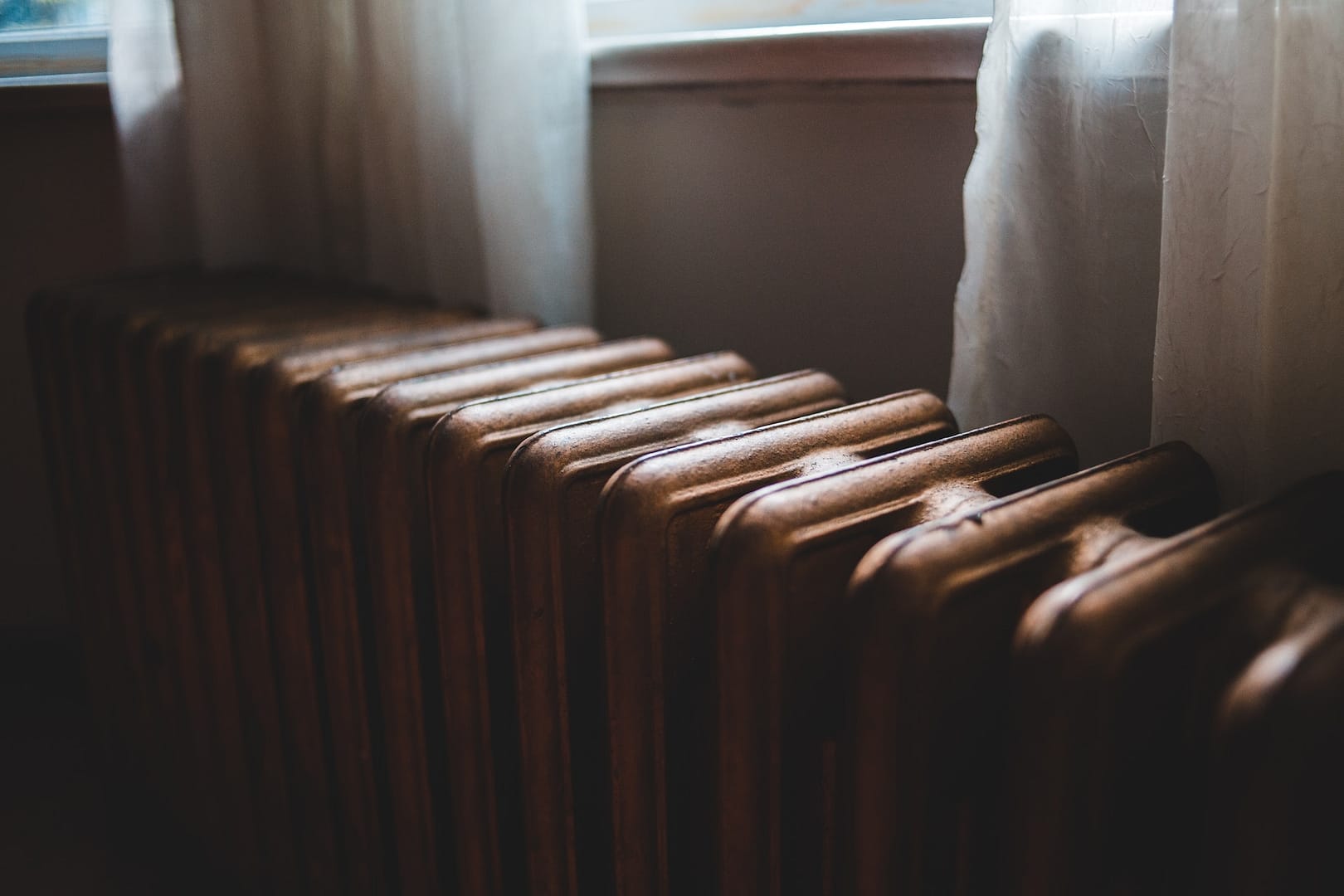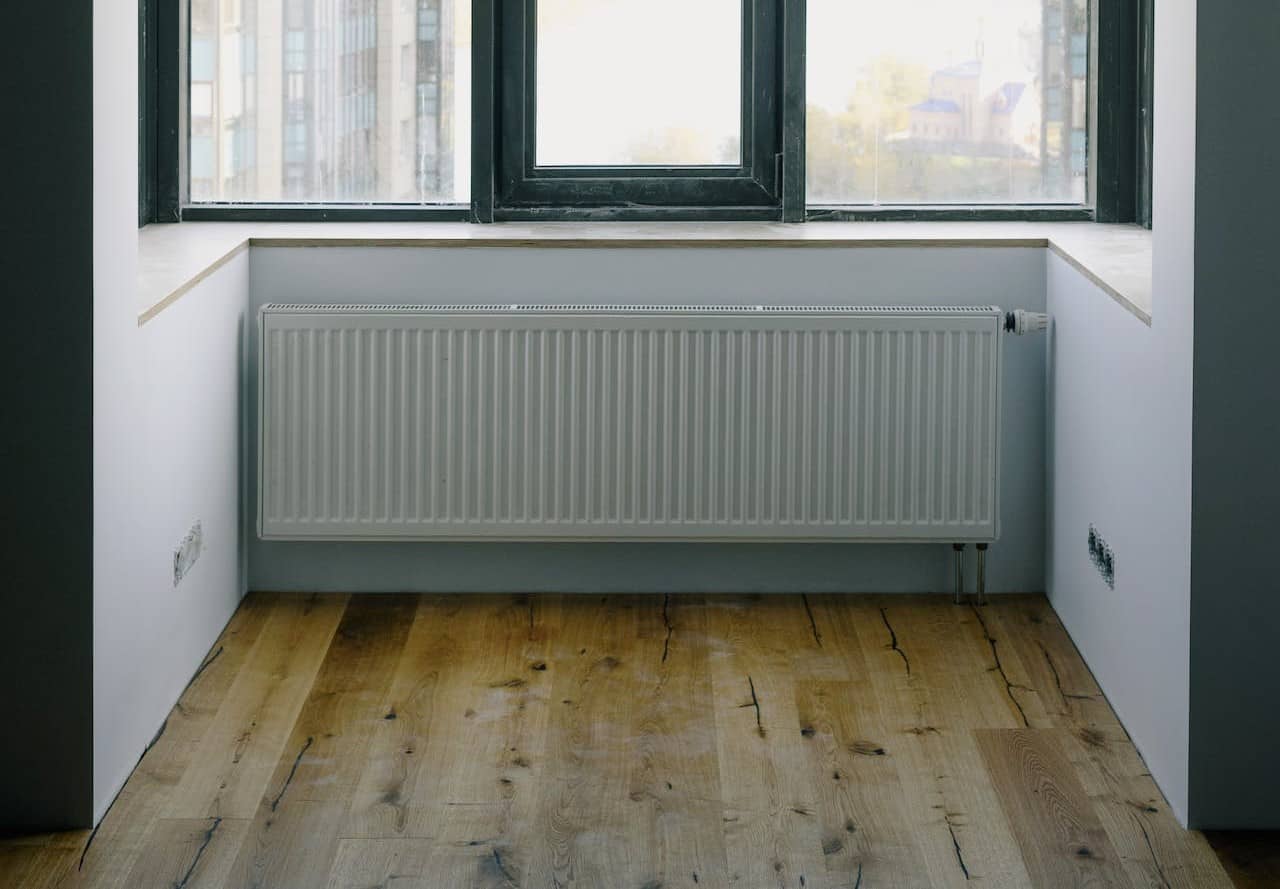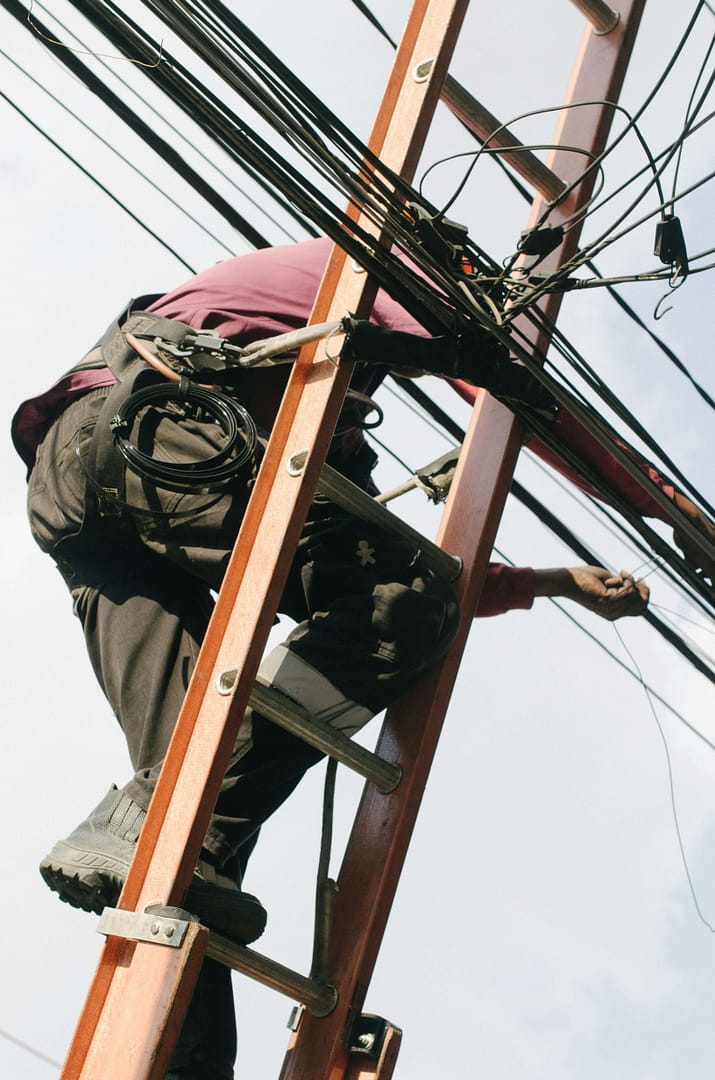In the heart of every community, social housing stands as a vital support system for individuals and families in need. It is a pillar of societal well-being, aimed at providing shelter and comfort to those who might otherwise be left out in the cold. However, the irony lies in the fact that for many residents of social housing, the cold is a persistent, unwelcome guest due to the dangers of poor heating systems. In this article, we will delve into the perils of inadequate heating in social housing, the impact of prolonged cold spells, and the question that often arises: how long can a housing association leave you without heating? We will also explain the best way to start a housing disrepair claim with us at National Claims.
The Chilling Reality of Inadequate Heating
While social housing is designed to be an affordable and safe haven for those in need, the challenges it poses can be quite the opposite when heating systems fail or are inadequate. Imagine a cold winter’s night, with icy winds rattling the windows and temperatures plummeting. For many residents in social housing, this is not a mere thought experiment; it is their reality.
Inadequate heating is a pressing issue that affects individuals, families, and entire communities. Heating systems that are outdated, inefficient, or poorly maintained can leave residents shivering in their homes. The dangers associated with poor heating go beyond mere discomfort. They can have severe consequences for residents’ health and well-being.
The Health Implications
Prolonged exposure to cold temperatures due to poor heating in social housing can result in a myriad of health problems. Cold indoor temperatures have been linked to an increased risk of respiratory illnesses, cardiovascular issues, and other health complications. For instance, elderly residents or those with pre-existing health conditions are particularly vulnerable. Cold environments can exacerbate chronic health conditions and make it harder for individuals to recover from illnesses.
Frequent and severe cold exposure may lead to cold-related illnesses, including hypothermia and frostbite. Hypothermia, a potentially life-threatening condition, occurs when the body loses heat more rapidly than it can produce it, causing the body temperature to drop to dangerous levels. Frostbite can lead to tissue damage and, in severe cases, amputation.
The implications for children are equally concerning. Cold living conditions can hinder children’s physical and cognitive development, making it challenging for them to concentrate at school and maintain good health. It’s no exaggeration to say that the dangers of poor heating in social housing can cast a shadow over the lives of the most vulnerable.
Fuel Poverty in Social Housing
A related issue that exacerbates the dangers of poor heating in social housing is the concept of fuel poverty. Fuel poverty occurs when a household spends a substantial portion of its income on energy bills, often resulting in the household making sacrifices in other areas, such as food and healthcare. Social housing residents are particularly susceptible to fuel poverty, as many of them have limited financial resources to begin with.
Fuel poverty can become a vicious cycle, further entrenching the dangers of poor heating. As individuals struggle to pay energy bills, they may resort to using alternative, often unsafe heating methods, such as portable heaters or stoves, to keep warm. These makeshift solutions can pose significant fire hazards and health risks, compounding the initial problem.
The Role of Housing Associations
Housing associations play a pivotal role in ensuring the well-being of residents in social housing. They are responsible for maintaining and providing safe and habitable living conditions. This includes addressing heating issues promptly and effectively.
But, there is an important question that often arises in the context of poor heating: how long can a housing association leave you without heating? In the UK, housing associations have a legal obligation to maintain and repair heating systems in a reasonable timeframe. The exact timeline may vary depending on the severity of the issue, the weather conditions, and the resources available to the housing association. However, housing associations are generally expected to act swiftly to rectify heating problems.
Legal Frameworks and Obligations
In the UK, the “Decent Homes Standard” sets out the minimum requirements for social housing, including heating and insulation standards. Housing associations are obligated to meet these standards, which means that residents have a legal right to expect a certain level of comfort and safety in their homes.
The law also places an emphasis on the provision of heating during the winter months. The “Housing Health and Safety Rating System” (HHSRS) stipulates that a property should be maintained in a way that ensures the health and safety of the occupants. Inadequate heating, especially during cold weather, can be seen as a breach of this legal obligation.
Making a Housing Disrepair Claim with National Claims
Note: You can only make a claim if you are currently living in social housing.
At National Claims, we understand the dire consequences of poor heating in social housing. We are committed to ensuring that those living in social housing are not left in the cold due to inadequate heating systems. If you’ve been enduring the dangers and discomfort of poor heating, you have the right to seek resolution.
Making a housing disrepair claim with National Claims is a straightforward process. We are here to guide you through every step, ensuring that your rights are protected, and you receive the relief you deserve. We have a team of dedicated experts who are well-versed in the legal framework and obligations surrounding housing associations and social housing.
By choosing National Claims, you are choosing a partner that will fight for your right to a warm and safe living environment. Don’t suffer in silence; take action and let us help you secure the heating and living conditions you are entitled to.
Seeking Solutions
Residents who find themselves without adequate heating for an extended period can take several steps to seek a resolution. It is essential to maintain open lines of communication with the housing association. Reporting heating issues promptly can help ensure a faster response.
Residents may also contact environmental health officers at their local council if they believe their housing association is not addressing the issue appropriately. These officers have the authority to investigate and take enforcement action if necessary.
In cases of severe neglect or persistent issues, residents can consider seeking legal advice to explore potential remedies and compensation for the dangers and discomfort they have endured.
Advocacy for Change
Beyond individual actions, advocating for systemic change is a crucial step in addressing the dangers of poor heating in social housing. Resident associations, local community organisations, and housing advocacy groups can play a pivotal role in raising awareness and advocating for improvements in social housing conditions.
By working together, residents and their advocates can push for stronger regulations and enforcement to ensure that housing associations fulfil their obligations to provide safe and habitable living conditions.

Conclusion
The dangers of poor heating in social housing extend far beyond mere discomfort. Inadequate heating systems, prolonged exposure to cold temperatures, and fuel poverty can have severe health implications, particularly for vulnerable residents. Housing associations have a legal obligation to address heating issues promptly, and residents have rights and avenues to seek resolution when these obligations are not met.
The question of how long a housing association can leave you without heating is a critical one. It is a question of basic human rights, health, and well-being. The importance of maintaining safe and habitable living conditions cannot be overstated, and it is a shared responsibility of housing associations, local authorities, and the community at large to ensure that no one is left out in the cold. Advocating for change and pushing for systemic improvements in social housing conditions is not only a matter of policy but a matter of compassion and empathy for those who rely on social housing for shelter and comfort. Together, we can ensure that social housing remains a true refuge, a place of warmth and security for all who call it home.
Contact us today to get a start on your claim and be put in touch with one of our claims specialists.
Click below to see why we are one of the most trusted claims management companies in the UK.

We’re proud of our excellent customer reviews
We thrive on delivering exceptional service and ensuring our clients’ satisfaction. Don’t just take our word for it. Check out some of our independent reviews to see what our clients have to say.
Excellent

This firm is excellent, they sorted out my car pay out and injury claim very fast, they always communicate with you all the time.

My accident case was dealt with confidence and with great result of the outcome, especially James kept me informed all the time.

I was very impressed at the way my inquiry was treated. I was listened to attentively and everything I needed to know was explained to me.






